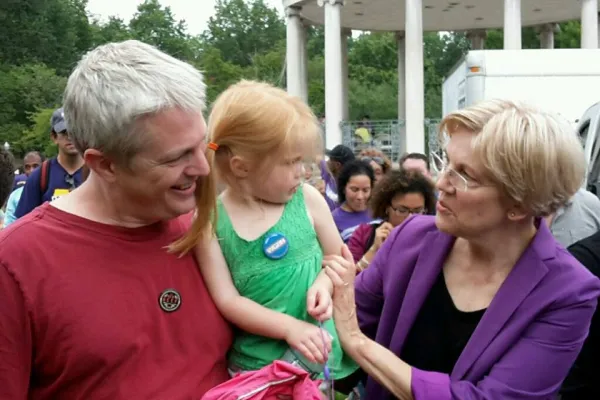About Us: Our Union, Our Legacy
Broadly speaking, the 1960's and early 1970's were a time of great social upheaval (e.g. Vietnam, the free speech movement, and various assassinations) and a resurgence of labor activism as Cesar Chavez and the United Farm Workers garnered national attention with the grape boycott, OSHA was created, and women in particular started organizing to join unions.
While WGBH had been broadcasting radio programming since 1951 and TV since 1955, the creation of CPB in 1967 and PBS in 1970 placed the station at the forefront of the growing industry, but raises were far and few between, and the climate was rich with sexism. While some talked about the value of forming a union, the critical mass necessary wasn't there. But in 1972 Don Fouser was working as a producer for The Nader Report when a conflict emerged between the content of the show and a funder of the show (said to be Mobil Oil). WGBH VP of Programming, Michael Rice, intervened in an effort to get the show to change its content. Here's how former WGBH producer Fred Barzyk tells it:
"Don’s fight with Michael Rice over the Nader show actually caused the creation of the WGBH union. Fouser would not change the show demanded by Rice. Nader refused also. The only solution was to take Don off the show. He fought a good battle but so irritated Rice that he was fired. Don wrote a letter to the staff of WGBH. They all gathered in Studio B and I read the letter. It was clear we had to protect ourselves and our programs. It was just two weeks after Don left that the union was created."
Note: Initially, it was producers like Fred Barzyk and Henry Becton who led the charge to form AEEF, but when the law changed in the mid-70's, producers became management. Henry Becton eventually worked his way up to WGBH President (current president Jon Abbott's predecessor), and helped establish a congenial partnership with the union he had helped to form.
-Joe Montagna, former WGBH employee and AEEF-CWA Business Agent

